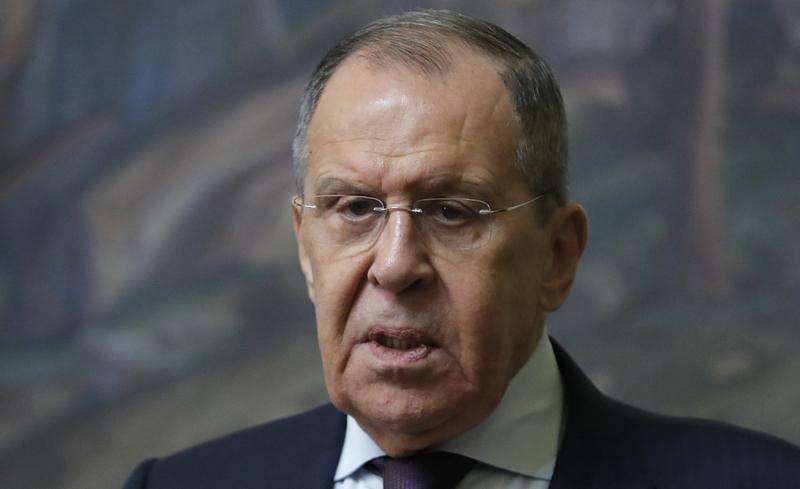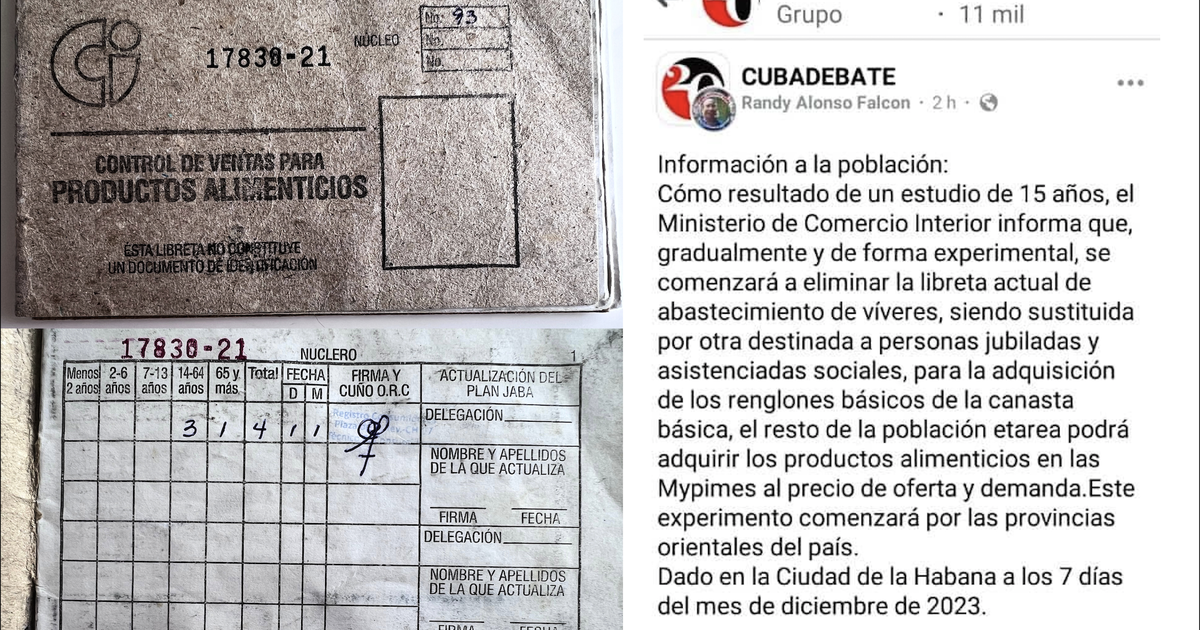Ukrainian President Volodymyr Zelensky and Russian Foreign Minister Sergei Lavrov engaged in a remote exchange of words in the UN Security Council on Wednesday over Moscow’s veto, which Kiev says “blocks ” any settlement of the conflict in Ukraine, according to AFP.
Sergey LavrovPhoto: MAXIM SHIPENKOV / AFP / Profimedia
“It is impossible to stop this war, because all efforts face the veto of the aggressor or those who support him,” Zelenski marched in a speech before the Security Council, in the presence of Russian UN ambassador Vassili Nebenzia.
The Ukrainian head of state, dressed in his unmistakable green khaki uniform, called on the United Nations to withdraw Russia’s veto in the Security Council, linked to its permanent membership inherited from the victorious USSR in World War II.
Zelenski spoke of a major reform that is now necessary because “the veto in the hands of the aggressor is blocking the UN.”
After the Ukrainian president left the Council room, Russian Foreign Minister Sergei Lavrov entered the room where his American counterpart Antony Blinken had just spoken.
Lavrov, who was for many years Russia’s ambassador to the UN, replied to the Ukrainian president that the veto is a “legitimate” legal instrument, conferred on the five permanent members of the Security Council (the United States, China, Russia, the United Kingdom and France).
“The use of the veto is an absolutely legitimate tool stipulated in the Charter of the United Nations in order to prevent decisions that lead to the disintegration of the UN,” defended the Russian minister.
For about twenty minutes, he went on a violent diatribe against Ukraine, which he again accused of enacting “racist” laws against Russians and of being in the hands of “neo-Nazis”.
Any reform of the Security Council, especially regarding the rights of permanent members, is an illusion.
Amendments to the UN Charter must be adopted by a vote of at least two-thirds of the members of the General Assembly and then ratified by two-thirds of the members of the UN, including the five permanent members of the Security Council.




